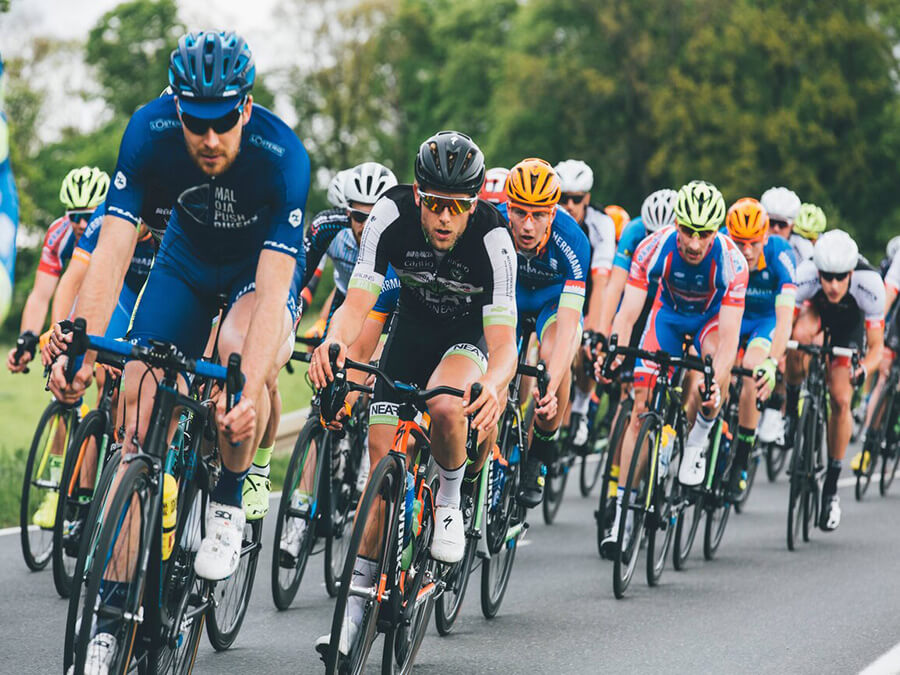Hip pain can be very uncomfortable and very demobilising. It can affect the young, old, men and women. As physiotherapists, we want to help you manage this pain and get you back on your feet asap.
One of the common causes of hip pain is a condition known as Trochanteric Bursitis or Greater Trochanteric Pain Syndrome. Both terms describe the painful inflammation of a small sac called a bursa; this sac is a bit like a fluid-filled cushion, and it exists to reduce friction between muscles, tendons and bone in the hip area and facilitate easy, pain-free movement.
Inflammation can occur when these tissues rub against the bursa and cause friction and pain. This can occur through sporting injuries, so it is common in younger people, or through falls and repeated stress when carrying out activities over a prolonged period of time, such as walking, running and carrying a baby on your left hip. Symptoms of Bursitis can include pain at the hip that extends down the thigh, swelling at the side of the hip, pain on standing after you’ve been sitting for a considerable period of time and increased pain when doing a repetitive movement for any length of time, e.g. walking.
Other common causes of hip pain include a labral tear involving the ring of cartilage (labrum) around the outside rim of the socket of your hip joint. The labrum cushions the hip joint and is a bit like a rubber seal helping to hold the ball in the socket – when torn, this can cause a lot of pain. Osteoarthritis is another source of hip pain. We also can’t rule out referred pain which could mean something is wrong with your lower back.
Hip pain is complex. Hip treatment can be just as involved. In many cases, physiotherapy treatment is the answer, depending on what is causing the pain. However, there might come a point where we need to refer you to a specialist for another opinion on deciding your next steps to recovery.
